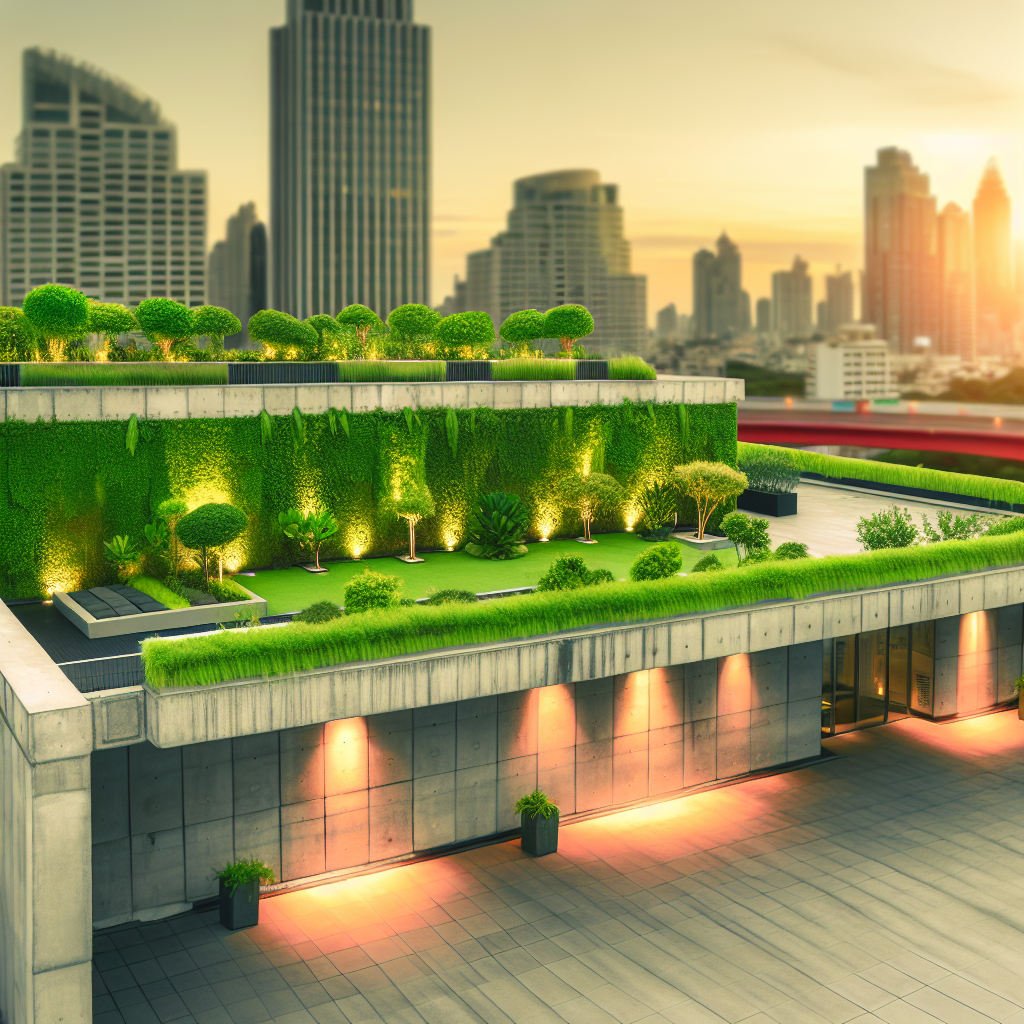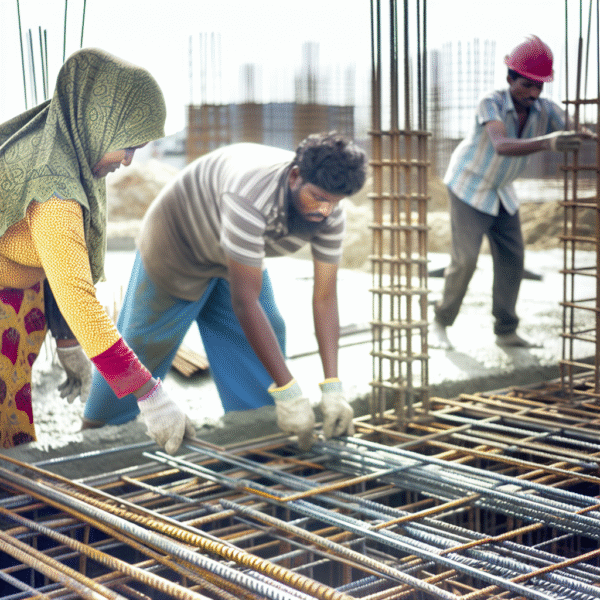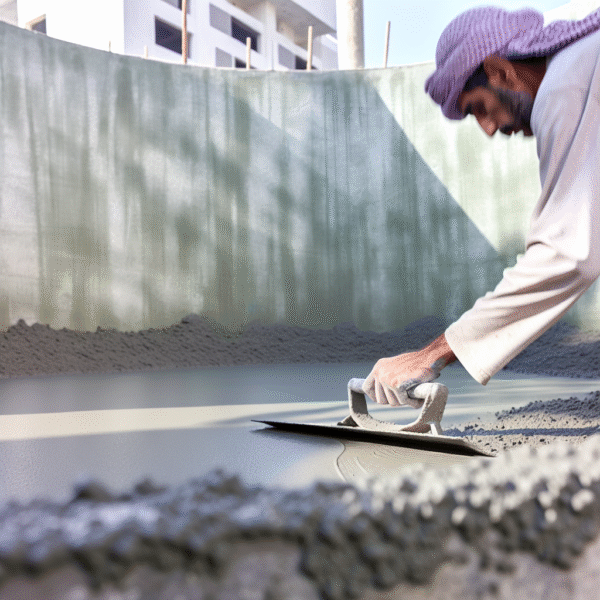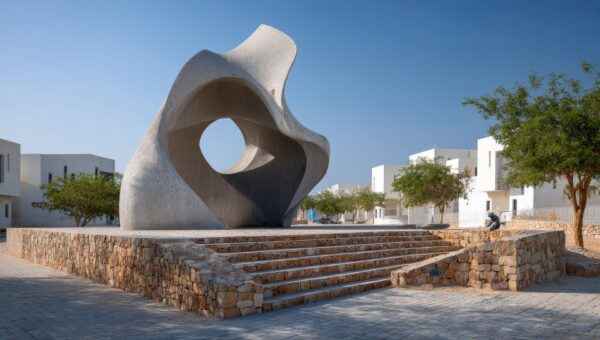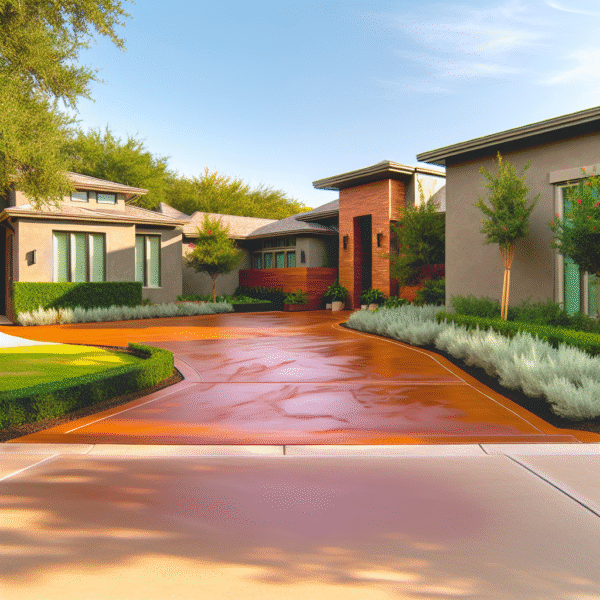Sustainable concrete is paving the way—literally and figuratively—for greener cities across the globe. From Portland and Singapore to Zürich, urban districts are embracing innovations that marry eco-conscious construction with stunning design. At the heart of this movement are green roofs supported by sustainable concrete—reducing heat, boosting biodiversity, and creating vibrant urban escapes. Whether you’re a family traveling with kids, a solo explorer, or an eco-minded adventurer, these urban oases are changing how we experience cities.
What Defines Truly Sustainable Concrete?
Concrete has long been a staple of construction, but not without consequences. Its conventional form is responsible for nearly 8% of global CO₂ emissions. Yet, sustainable concrete is rewriting the narrative. By incorporating low-carbon binders like fly ash, recycled aggregates, and slag, today’s concrete drastically reduces its environmental footprint—often without sacrificing durability or performance.
Take Vancouver, for example. Its commitment to low-carbon development earned it the UN’s Global Green City Award. At the city’s iconic Convention Centre West Building, locally sourced sustainable concrete supports one of North America’s largest green roofs. The structure features over 400,000 native plants and offers guided public tours with stunning vistas of the harbor and the surrounding mountains. It’s a prime example of how green infrastructure can blend practicality with beauty.
Visit These World-Class Green Roofs Built with Sustainable Concrete
Seeing is believing, and green roofs are more than just ecological add-ons—they’re destinations in their own right. Designed with functionality, sustainability, and aesthetics in mind, these rooftops invite exploration and relaxation. Here are a few standout locations where sustainable concrete plays a key role:
- Chicago City Hall Green Roof, Illinois, USA: Open for seasonal tours, this rooftop features recycled-content concrete and a lush garden that lowers cooling costs by up to 10% during summer. Chicago Greeter Program tours add insight to each visit.
- Nanyang Technological University, Singapore: Home to wave-inspired green roofs constructed with self-healing sustainable concrete, this campus is a favorite during mid-year eco-design festivals. Stroll the walkways and enjoy nature amid innovation.
- ACROS Fukuoka, Japan: With a spiraling green roof park offering city views and garden spaces, this site combines lightweight concrete innovation with public recreation. It’s perfect for morning jogs, daytime picnics, and photography lovers alike.
Pro tip: Many of these rooftops feature interactive signage, making them ideal spots for family-friendly learning and exploration.
Where Sustainability Meets Art, Culture, and Community
Sustainable concrete is doing more than supporting roofs—it’s uplifting entire communities. Artistic spaces, libraries, and science centers are now implementing green roofs fused with eco-materials to inspire and educate.
In San Francisco, the California Academy of Sciences features a living roof built with permeable walkways and recycled concrete blends. Kids enjoy daily eco-demonstrations and amphitheaters, while adults relax with views of Golden Gate Park’s treetops.
Across the Atlantic in Oslo, the Deichman Bjørvika Library dazzles with facades made of sustainable concrete mixed with crushed glass. Minimalist in design, its rooftop green space welcomes locals with books, music, and sweeping harbor views. These spaces show how sustainable concrete merges creativity with carbon-conscious living.
Why Green Roofs and Sustainable Concrete Matter to Urban Travelers
Whether you’re backpacking through Europe or exploring your own city, choosing destinations with green infrastructure offers more than a pretty view—it creates a better experience for everyone. Here are some key benefits value-seekers and adventurers will notice:
- Cooler Cities: Green roofs provide natural insulation, reducing rooftop temperatures by up to 40°F. That’s a game-changer during sweltering summer city tours.
- Cleaner Air: The combination of vegetation and low-emission sustainable concrete helps reduce air pollution—especially in dense urban areas.
- Dryer Streets: Better rainwater management reduces flooding, meaning more comfortable and photogenic strolls around town.
- Peaceful Escapes: Elevated green areas offer a break from traffic and noise while enhancing mental well-being and lowering stress.
Golden-hour is ideal for capturing skyline shots and enjoying less crowded rooftop views. Bring your camera—or just take a moment to breathe.
Hidden Rooftop Gems with Sustainable Style
Searching for fresh, lesser-known travel stops? Some of the most impressive green roofs constructed with sustainable concrete are tucked into everyday neighborhoods—perfect for mindful explorers stepping off the tourist trail.
In Melbourne’s charming Carlton district, the Bargoonga Nganjin North Fitzroy Library offers tai chi mornings, sunset movie nights, and geopolymers underfoot. It’s a hyper-local blend of relaxation, community, and sustainability—plus Wi-Fi and kid-friendly zones.
Copenhagen’s CopenHill urban mountain may be famous for rooftop skiing, but few realize its sustainable core. Built with modular concrete units and capped with a green slope and rooftop café, it cradles both engineering excellence and adventure sport in a single climb.
Adding Sustainable Stops to Your Itinerary
As you plot your next journey, make space for green rooftops built with sustainable concrete. Beyond their eco-credentials, these spots serve as cultural hubs, plant havens, and much-needed city hideaways. They’re not detours—they’re destinations.
So whether you’re flipping through a travel guide or scanning pins on a digital map, mark these rooftops for exploration. They offer some of the best views—with some of the lightest environmental footprints. That’s sustainable travel, redefined.
